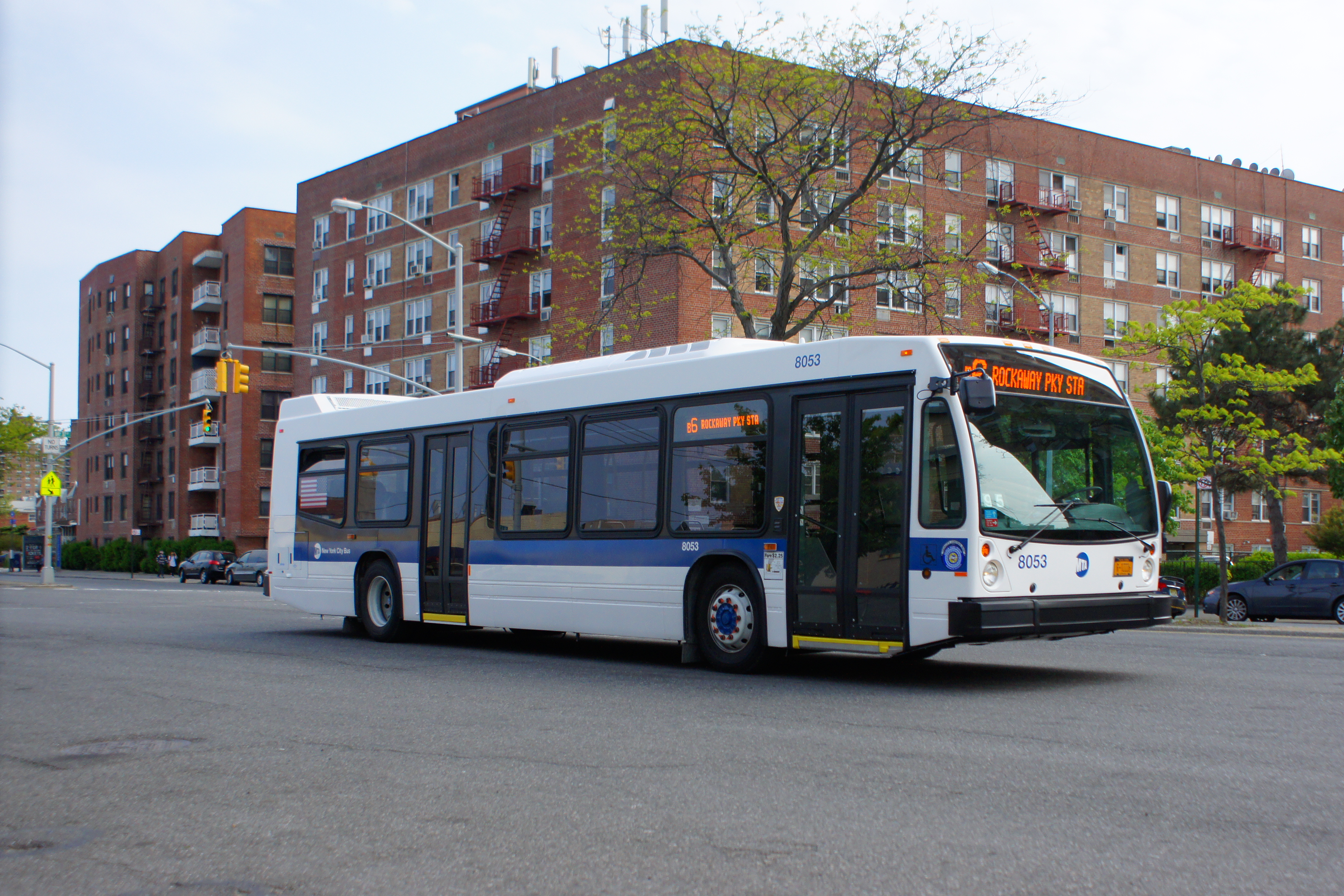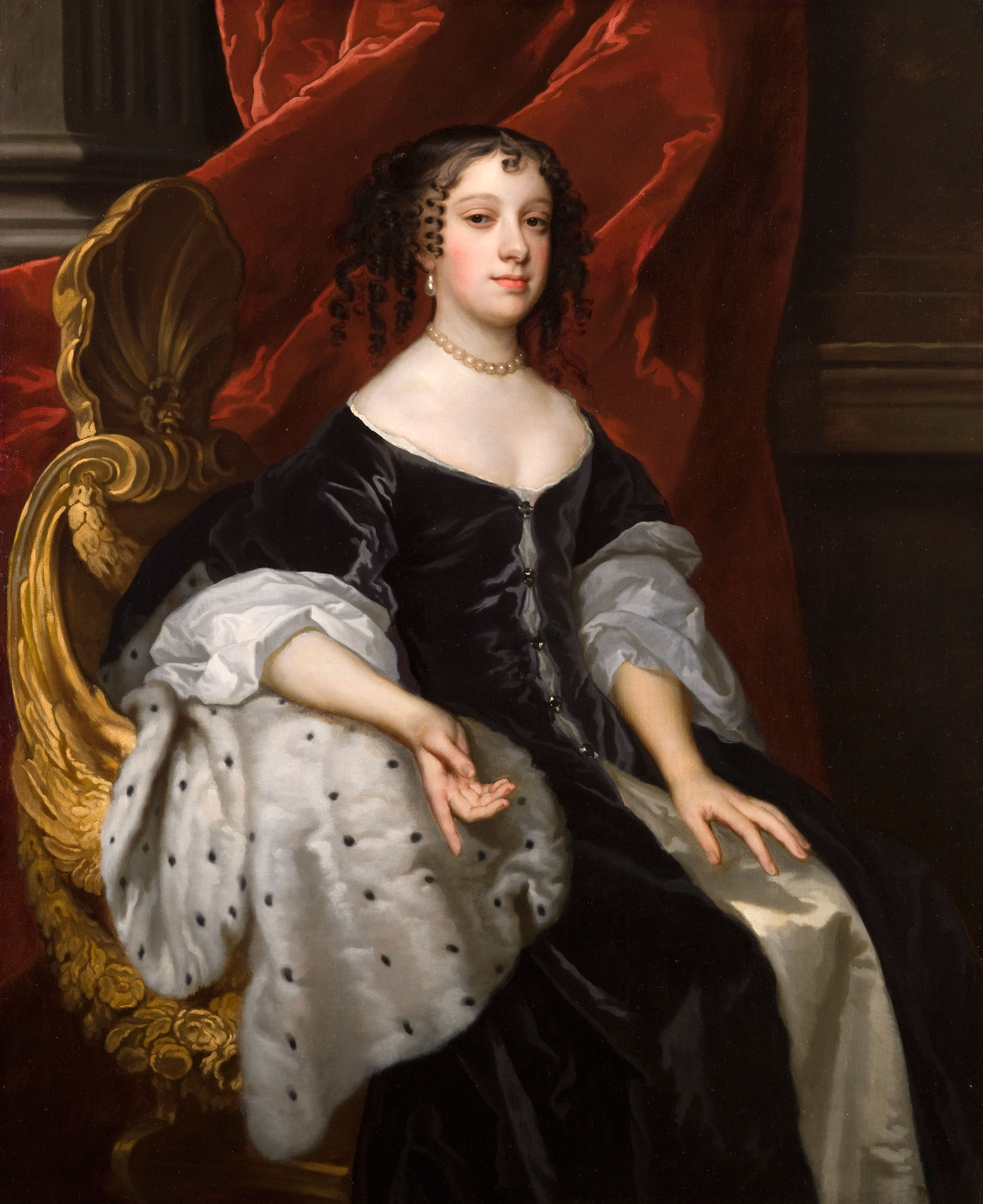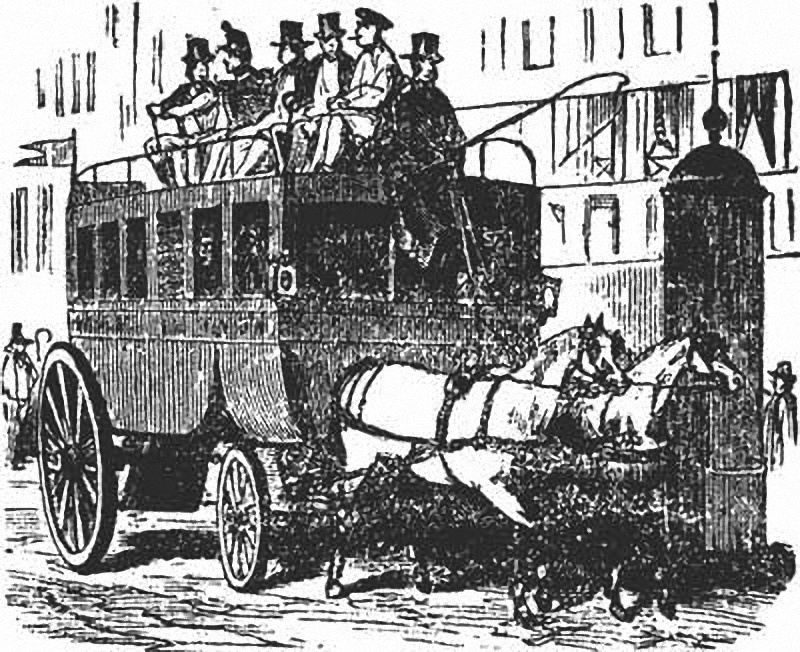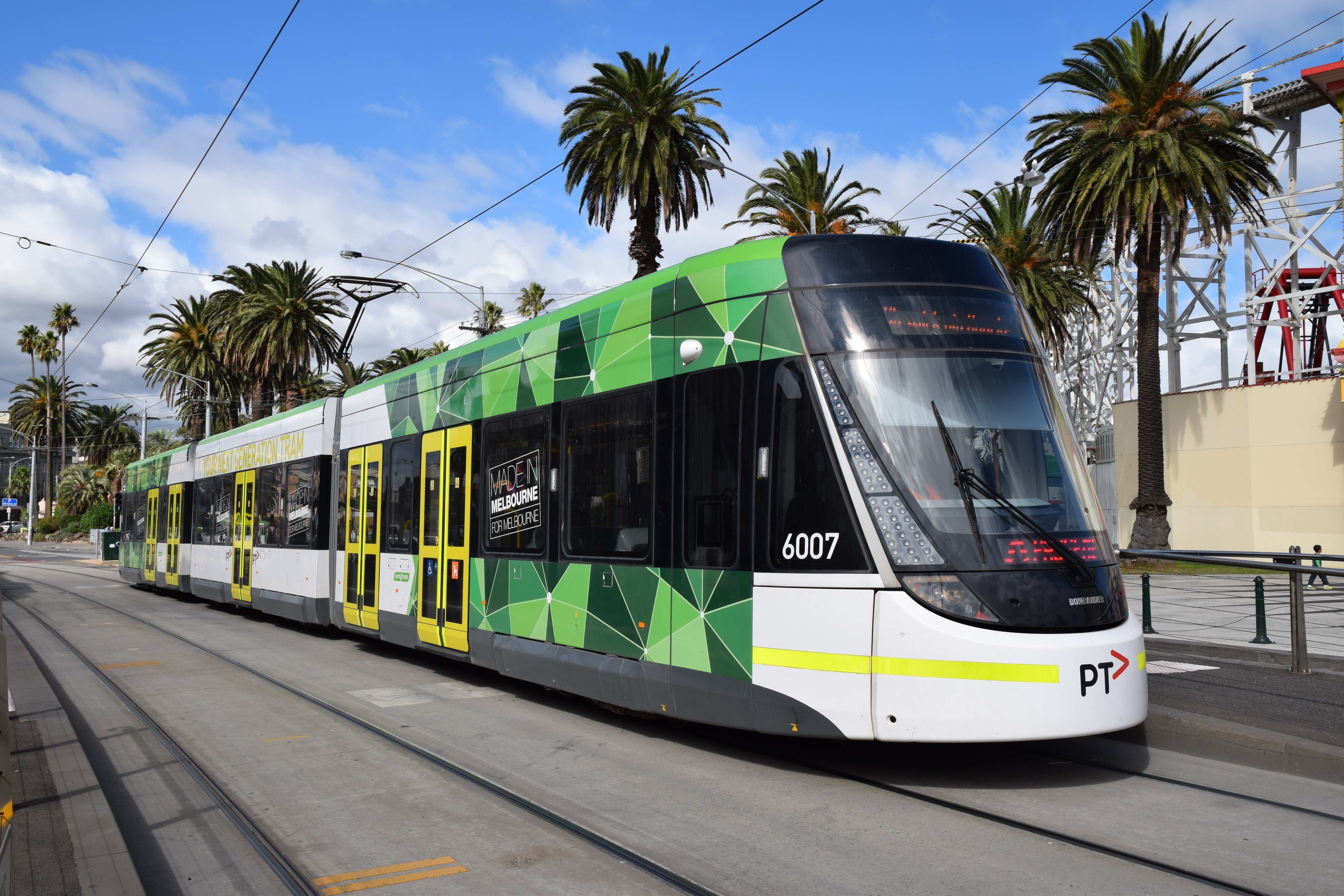|
B26 (New York City Bus)
The Putnam Avenue Line is a public transit line in Brooklyn, New York City, running mostly along Fulton Street, Putnam Avenue, and Halsey Street between downtown Brooklyn and Ridgewood, Queens. Originally a streetcar line, it is now the B26 Halsey/Fulton Streets bus route, operated by the New York City Transit Authority. Route description The B26 bus route begins at the Jay Street–MetroTech subway station in Downtown Brooklyn, connecting with the New York City Subway's . It heads east on Fulton Street, turning off onto Putnam Avenue, and uses Nostrand Avenue (eastbound) and Bedford Avenue (westbound) to reach Halsey Street. Just before the Queens border, the route turns northwest on Wyckoff Avenue, ending with a loop at the Myrtle–Wyckoff Avenues subway station () clockwise via Putnam Avenue, Ridgewood Place, Palmetto Street, and back on to Wyckoff Avenue. Along the way, passengers can transfer to the subway at DeKalb Avenue (), Clinton–Washington Avenues (), and Hals ... [...More Info...] [...Related Items...] OR: [Wikipedia] [Google] [Baidu] |
MTA New York City Bus
MTA Regional Bus Operations (RBO) is the surface transit division of the Metropolitan Transportation Authority (MTA). It was created in 2008 to consolidate all bus operations in New York City operated by the MTA. , MTA Regional Bus Operations runs 234 local routes, 71 express routes, and 20 Select Bus Service routes. Its fleet of 5,725 buses is the largest municipal bus fleet in the United States and operates 24/7. In , the system had a ridership of , or about per weekday as of . The division comprises two brands: MTA Bus and MTA New York City Bus. While MTA Bus is an amalgamation of former private companies' routes, MTA New York City Bus is composed of public routes that were taken over by the city before 2005. The MTA also operates paratransit services and formerly operated Long Island Bus. , MTA Regional Bus Operations' budgetary burden for expenditures was $773 million. Brands and service area Regional Bus Operations is currently only used in official documentation, and n ... [...More Info...] [...Related Items...] OR: [Wikipedia] [Google] [Baidu] |
B31 (New York City Bus)
The Metropolitan Transportation Authority (MTA) operates a number of bus routes in Brooklyn, New York, United States; one minor route is privately operated under a city franchise. Many of them are the direct descendants of streetcar lines (see list of streetcar lines in Brooklyn); the ones that started out as bus routes were almost all operated by the Brooklyn Bus Corporation, a subsidiary of the Brooklyn–Manhattan Transit Corporation, until the New York City Board of Transportation took over on June 5, 1940. Of the 55 local Brooklyn routes operated by the New York City Transit Authority, roughly 35 are the direct descendants of one or more streetcar lines, and most of the others were introduced in full or in part as new bus routes by the 1930s. Only the B32, the eastern section of the B82 (then the B50), the B83, and the B84 were created by New York City Transit from scratch, in 1978, 1966, and 2013, respectively. List of routes This table gives details for the routes prefixed ... [...More Info...] [...Related Items...] OR: [Wikipedia] [Google] [Baidu] |
Halsey Street (BMT Jamaica Line)
The Halsey Street station is a local station on the BMT Jamaica Line of the New York City Subway. Located at Halsey Street and Broadway at the border of Bedford–Stuyvesant and Bushwick, Brooklyn, it is served by the J train at all times. The Z train skips this station when it operates. Station layout This elevated station, opened on August 19, 1885, has two side platforms and three tracks; the center express track is not used in regular service. Both platforms have beige windscreens and green canopies and support columns with red roofs along the entire length except for a small section at either end, where they have high mesh fences instead. The station signs are in the black name plates in white Helvetica lettering. The 2008 artwork here is called ''SOL'SCRYPT'' by SOL'SAX. It consists of glass mosaic panels on the platform windscreens and station house depicting various images of African-American African Americans (also referred to as Black Americans and Afro- ... [...More Info...] [...Related Items...] OR: [Wikipedia] [Google] [Baidu] |
DeKalb Avenue (BMT Fourth Avenue Line)
The DeKalb Avenue station is a station on the BMT Brighton Line and BMT Fourth Avenue Line of the New York City Subway, located at the intersection of DeKalb and Flatbush Avenues in Downtown Brooklyn. It is served by the Q and R trains at all times, the B train on weekdays, and the D and N trains during late nights. During rush hours only, a few W train trips also serve this station. The station has six tracks and two island platforms. The two innermost tracks are used by Fourth Avenue express trains, which skip the station, while the four outer tracks are used by Brighton Line and Fourth Avenue local trains. History This station opened on June 22, 1915, and was completed on August 1, 1920. Since it opened, DeKalb Avenue has been referred to as "the heart of the BMT", as it is a major transfer point between BMT services with lines splitting north and south of the station. Platform extensions were built into a curve south of the station in 1927 to allow for longer tra ... [...More Info...] [...Related Items...] OR: [Wikipedia] [Google] [Baidu] |
Queens
Queens is a borough of New York City, coextensive with Queens County, in the U.S. state of New York. Located on Long Island, it is the largest New York City borough by area. It is bordered by the borough of Brooklyn at the western tip of Long Island to its west, and Nassau County to its east. Queens also shares water borders with the boroughs of Manhattan, the Bronx, and Staten Island (via the Rockaways). With a population of 2,405,464 as of the 2020 census, Queens is the second most populous county in the State of New York, behind Kings County (Brooklyn), and is therefore also the second most populous of the five New York City boroughs. If Queens became a city, it would rank as the fifth most-populous in the U.S. after New York City, Los Angeles, Chicago, and Houston. Approximately 47% of the residents of Queens are foreign-born. Queens is the most linguistically diverse place on Earth and is one of the most ethnically diverse counties in the United States. Queens was est ... [...More Info...] [...Related Items...] OR: [Wikipedia] [Google] [Baidu] |
New York City Subway
The New York City Subway is a rapid transit system owned by the government of New York City and leased to the New York City Transit Authority, an affiliate agency of the state-run Metropolitan Transportation Authority (MTA). Opened on October 27, 1904, the New York City Subway is one of the world's oldest public transit systems, one of the most-used, and the one with the most stations, with New York City Subway stations, 472 stations in operation (424 if stations connected by transfers are counted as single stations). Stations are located throughout the boroughs of Manhattan, Brooklyn, Queens, and the Bronx. The system has operated 24/7 service every day of the year throughout most of its history, barring emergencies and disasters. By annual ridership, the New York City Subway is the busiest rapid transit system in both the Western Hemisphere and the Western world, as well as the List of metro systems, seventh-busiest rapid transit rail system in the world. In , the subway deliv ... [...More Info...] [...Related Items...] OR: [Wikipedia] [Google] [Baidu] |
Jay Street–MetroTech (New York City Subway)
A jay is a member of a number of species of medium-sized, usually colorful and noisy, passerine birds in the Crow family, Corvidae. The evolutionary relationships between the jays and the magpies are rather complex. For example, the Eurasian magpie seems more closely related to the Eurasian jay than to the East Asian blue and green magpies, whereas the blue jay is not closely related to either. Systematics and species Jays are not a monophyletic group. Anatomical and molecular evidence indicates they can be divided into an American and an Old World lineage (the latter including the ground jays and the piapiac), while the grey jays of the genus ''Perisoreus'' form a group of their own.http://www.nrm.se/download/18.4e32c81078a8d9249800021299/Corvidae%5B1%5D.pdf PDF fulltext The black magpies, formerly believed to be related to jays, are classified as treepies. Old World ("brown") jays Grey jays American jays In culture Slang The word ''jay'' has an archaic me ... [...More Info...] [...Related Items...] OR: [Wikipedia] [Google] [Baidu] |
Bus Route
A bus (contracted from omnibus, with variants multibus, motorbus, autobus, etc.) is a road vehicle that carries significantly more passengers than an average car or van. It is most commonly used in public transport, but is also in use for charter purposes, or through private ownership. Although the average bus carries between 30 and 100 passengers, some buses have a capacity of up to 300 passengers. The most common type is the single-deck rigid bus, with double-decker and articulated buses carrying larger loads, and midibuses and minibuses carrying smaller loads. Coaches are used for longer-distance services. Many types of buses, such as city transit buses and inter-city coaches, charge a fare. Other types, such as elementary or secondary school buses or shuttle buses within a post-secondary education campus, are free. In many jurisdictions, bus drivers require a special large vehicle licence above and beyond a regular driving licence. Buses may be used for scheduled ... [...More Info...] [...Related Items...] OR: [Wikipedia] [Google] [Baidu] |
Streetcar Line
A tram (called a streetcar or trolley in North America) is a rail vehicle that travels on tramway tracks on public urban streets; some include segments on segregated right-of-way. The tramlines or networks operated as public transport are called tramways or simply trams/streetcars. Many recently built tramways use the contemporary term light rail. The vehicles are called streetcars or trolleys (not to be confused with trolleybus) in North America and trams or tramcars elsewhere. The first two terms are often used interchangeably in the United States, with ''trolley'' being the preferred term in the eastern US and ''streetcar'' in the western US. ''Streetcar'' or ''tramway'' are preferred in Canada. In parts of the United States, internally powered buses made to resemble a streetcar are often referred to as "trolleys". To avoid further confusion with trolley buses, the American Public Transportation Association (APTA) refers to them as "trolley-replica buses". In the United ... [...More Info...] [...Related Items...] OR: [Wikipedia] [Google] [Baidu] |
Downtown Brooklyn
Downtown Brooklyn is the third largest central business district in New York City after Midtown Manhattan and Lower Manhattan), and is located in the northwestern section of the borough of Brooklyn. The neighborhood is known for its office and residential buildings, such as the Williamsburgh Savings Bank Tower and the MetroTech Center office complex. Since the rezoning of Downtown Brooklyn in 2004, the area has been undergoing a transformation, with $9 billion of private investment and $300 million in public improvements underway. The area is a growing hub for education. In 2017, New York University announced that it would invest over $500 million to renovate and expand the NYU Tandon School of Engineering and its surrounding Downtown Brooklyn-based campus. Downtown Brooklyn is part of Brooklyn Community District 2 and its primary ZIP Codes are 11201 and 11217. It is patrolled by the 84th Precinct of the New York City Police Department. History Early development This area ... [...More Info...] [...Related Items...] OR: [Wikipedia] [Google] [Baidu] |




.jpg)

